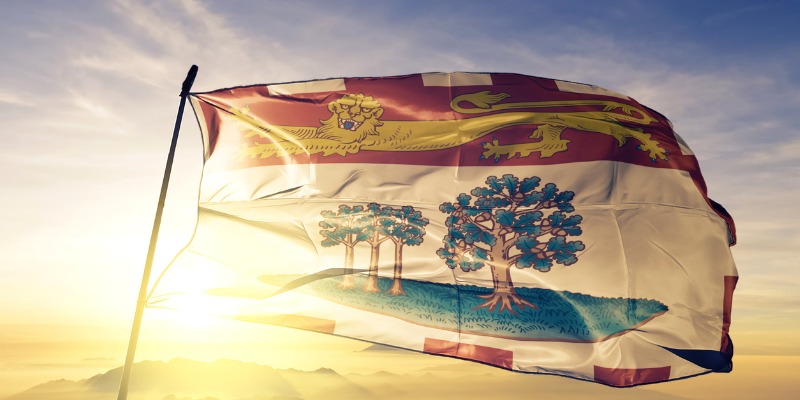P.E.I. should follow New Brunswick’s lead on fiscal policy

The King government recently announced some good fiscal news. Due mainly to increased revenue as the economy rebounds from the pandemic, Prince Edward Island will run an $86 million surplus in fiscal year 2021/22, not the previously forecasted $112 million deficit.
However, long-term sustainability remains a concern. Despite the surplus, the province recorded a slight increase in net debt last year (because the province ultimately spent more money than it received due to capital spending) and the province’s trajectory on debt accumulation is unsustainable, a concern noted by the auditor general.
To right the fiscal ship, the King government must restrain spending and consistently balance the budget. For an example of a solid fiscal framework, look no further than New Brunswick.
According to a new study published by the Fraser Institute, New Brunswick Premier Blaine Higgs was the top-performing premier in Canada on fiscal issues. The study ranked premiers in all 10 provinces on their relative performance on three core components of fiscal policy—government spending, taxes, and deficits and debt.
What has Higgs done right?
Simply put, he’s demonstrated the most spending restraint of any premier and was the only premier to keep the pace of growth in government spending (excluding debt interest costs) below the pace of his province’s economic growth during his tenure (2018 to present).
In contrast, Premier King ranked eighth worst in Canada on spending, ahead of only Saskatchewan’s Scott Moe and François Legault of Quebec. During King’s tenure, government spending (again, excluding interest costs) has grown, on average, by more than 9 per cent annually.
Meanwhile in New Brunswick, thanks to spending restraint, the province has run consistent budget surpluses—that is, when government spends less than what it collects in revenue in a single fiscal year. New Brunswick managed to even run surpluses throughout the pandemic, a unique feat in Canada as all other provinces chose to borrow money and plunge deeper into debt.
As a result, New Brunswick’s debt as a share of the economy declined by the greatest percentage of any province between 2018 and 2022. Clearly, spending restraint is paying off. With ongoing surpluses and declining debt, New Brunswick now has the fiscal room to tackle other pressing challenges including the province’s high tax rates.
In P.E.I., while Premier King deserves credit for balancing the budget in two of his three years in office, substantial spending increases combined with projected deficits and debt accumulation with make tax reform—something P.E.I. also desperately needs—more difficult.
The future economic success of provinces is ultimately linked to responsible fiscal management. Prudent fiscal policy entails spending restraint, being intentional about balancing budgets, and avoiding substantial tax burdens that dampen economic activity. Laying a solid foundation of fiscal policy gives the economy the best chance to grow and people to prosper.
P.E.I.’s balanced budget in 2021/22 is good news. But the King government should restrain spending and consistently balance budgets to avoid saddling future generations of Islanders with a massive debt burden.
Authors:
Subscribe to the Fraser Institute
Get the latest news from the Fraser Institute on the latest research studies, news and events.


